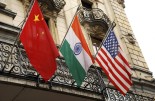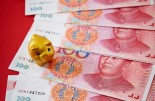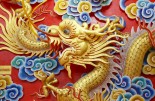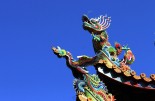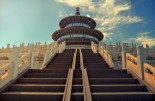NN IP: China’s surprisingly buoyant export strength
NN IP: China’s surprisingly buoyant export strength

The infection wave has likely peaked in South East Asia, due to the accelerating vaccinations and recent lockdowns. This should enable countries such as Malaysia to continue reopening their economies. As a result, the pressure on global supply chains should ease somewhat in the coming months, according to Maarten-Jan Bakkum, Senior Market Strategist at NN Investment Partners (NN IP).
However, the situation remains fragile, Bakkum expects, due to recent news of a new outbreak in the southern Chinese province of Fujian. Despite a vaccination rate of 65%, China continues to be vulnerable, possibly because of a relatively low efficiency of the Chinese vaccines.
Bakkum was positively surprised by the strength of the August trade data in China. In August, mobility restrictions were still in place, labor shortages were reported and several ports had serious congestion problems. Nevertheless, both export and import growth accelerated.
'In any case, so far, the strong export performance of China, that started in Q2 of 2020, continues. Despite the recovery of services expenditure in the US and Europe, that was expected to be detrimental to global goods demand. And despite the below-50 reading of the new export orders component in China’s manufacturing PMI since May, that suggests that Chinese companies are seeing a deteriorating export environment. It has been remarkable that Chinese exporters continue to be more successful than their competitors. This is reflected in a sharp rise in China’s market share in global import markets: from 13% in March 2020 to 15% now. In the early stages of the global corona crisis, Chinese exporters benefited from the fast normalization of Chinese economic activity in comparison with the rest of the world. Interestingly enough, the declining infections elsewhere have apparently not yet restored export capacity in such a way that orders could be rerouted back from China', says Bakkum.

